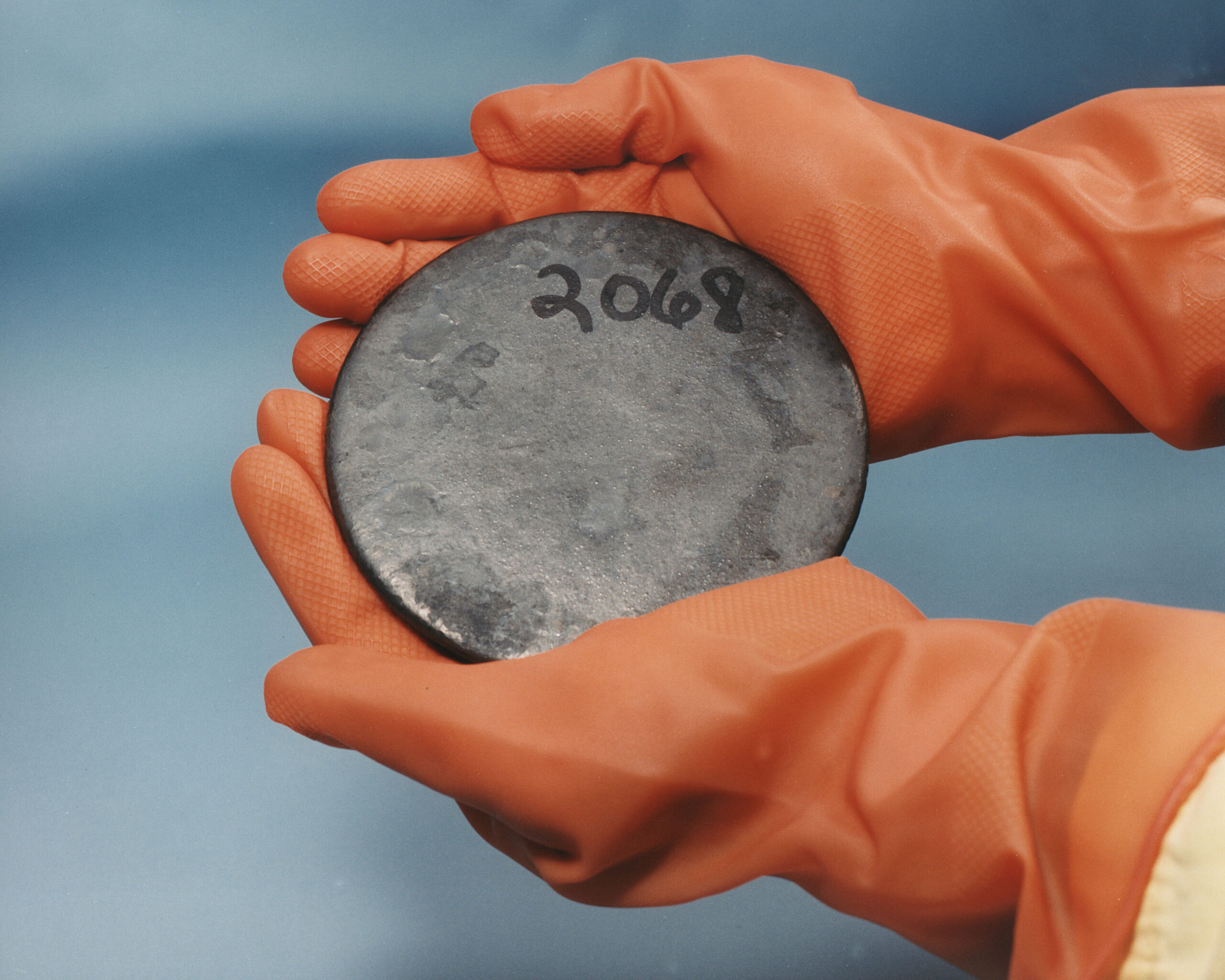Uranium, the critical fuel for nuclear power, generates about 10 per cent of global electricity. With the world increasingly shifting toward clean energy sources, the nations holding the largest uranium reserves are set to play a pivotal role in energy supply and international power dynamics.
1. Australia leads the world in uranium reserves by a significant margin, with more than 3.6 million tonnes buried beneath its surface. Key sites such as the Olympic Dam and Ranger mines feature some of the richest uranium ore deposits ever discovered, making Australia a central player in the global nuclear fuel market. Its abundant and high-quality uranium positions it as a strategic source for countries seeking reliable nuclear energy supplies.
2. Kazakhstan is the globe’s top uranium producer, accounting for nearly 40 per cent of the world’s annual output. The country holds approximately 3 million tonnes of uranium, primarily extracted through in-situ leaching, a method that is both cost-effective and environmentally cleaner compared to conventional mining. Kazakhstan’s dominance in production underscores its influence on global uranium prices and availability.
3. Canada ranks third in uranium reserves, with an estimated 1.7 million tonnes. The Athabasca Basin in Saskatchewan contains the highest-grade uranium deposits worldwide, which is vital for producing efficient nuclear fuel. Canada’s uranium resources support not only domestic nuclear power but also feed international markets, particularly in North America and Europe.
4. Russia possesses roughly 1.2 million tonnes of uranium reserves, with extraction sites spread across Siberia and the Urals. These reserves fuel Russia’s extensive nuclear energy infrastructure and military programs, giving the country a strategic edge in both civilian energy and defense sectors. Russia’s domestic nuclear capabilities also allow it to export enriched fuel and reactor technology, further extending its influence in global nuclear energy markets.
5. Namibia is Africa’s primary uranium hub, with nearly 1 million tonnes in reserves. The country exports most of its uranium to international markets, supplying energy-hungry nations in Europe and Asia. Namibia’s uranium sector, centered around mines such as Rossing and Husab, is crucial for global nuclear power generation, particularly as demand for low-carbon energy grows.
With uranium central to the world’s clean energy ambitions, control over these reserves translates into strategic economic and geopolitical influence. As nuclear power expands to meet rising energy demand, these five countries are set to remain key players in shaping the future of global energy.

